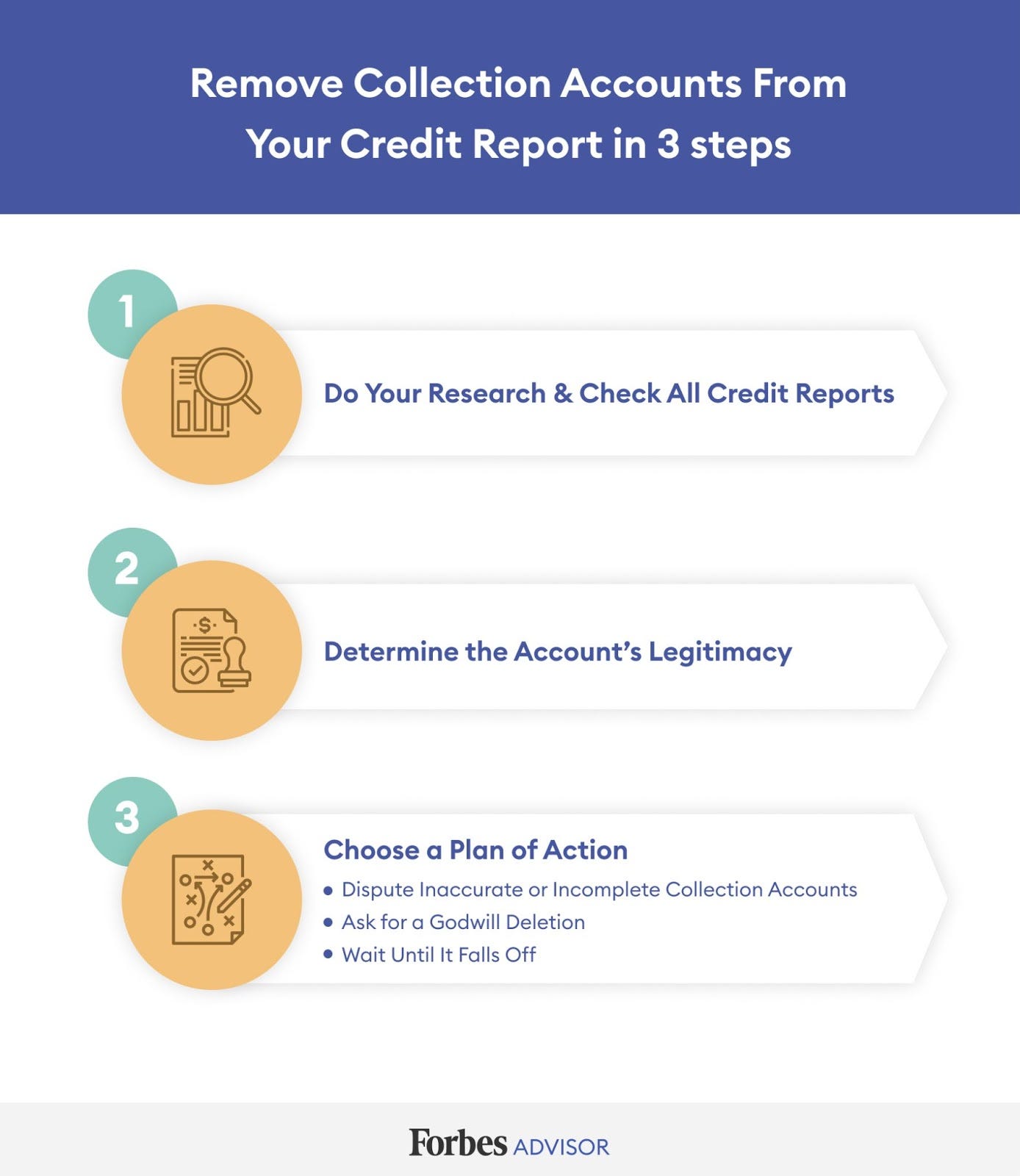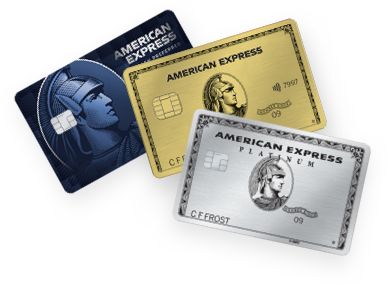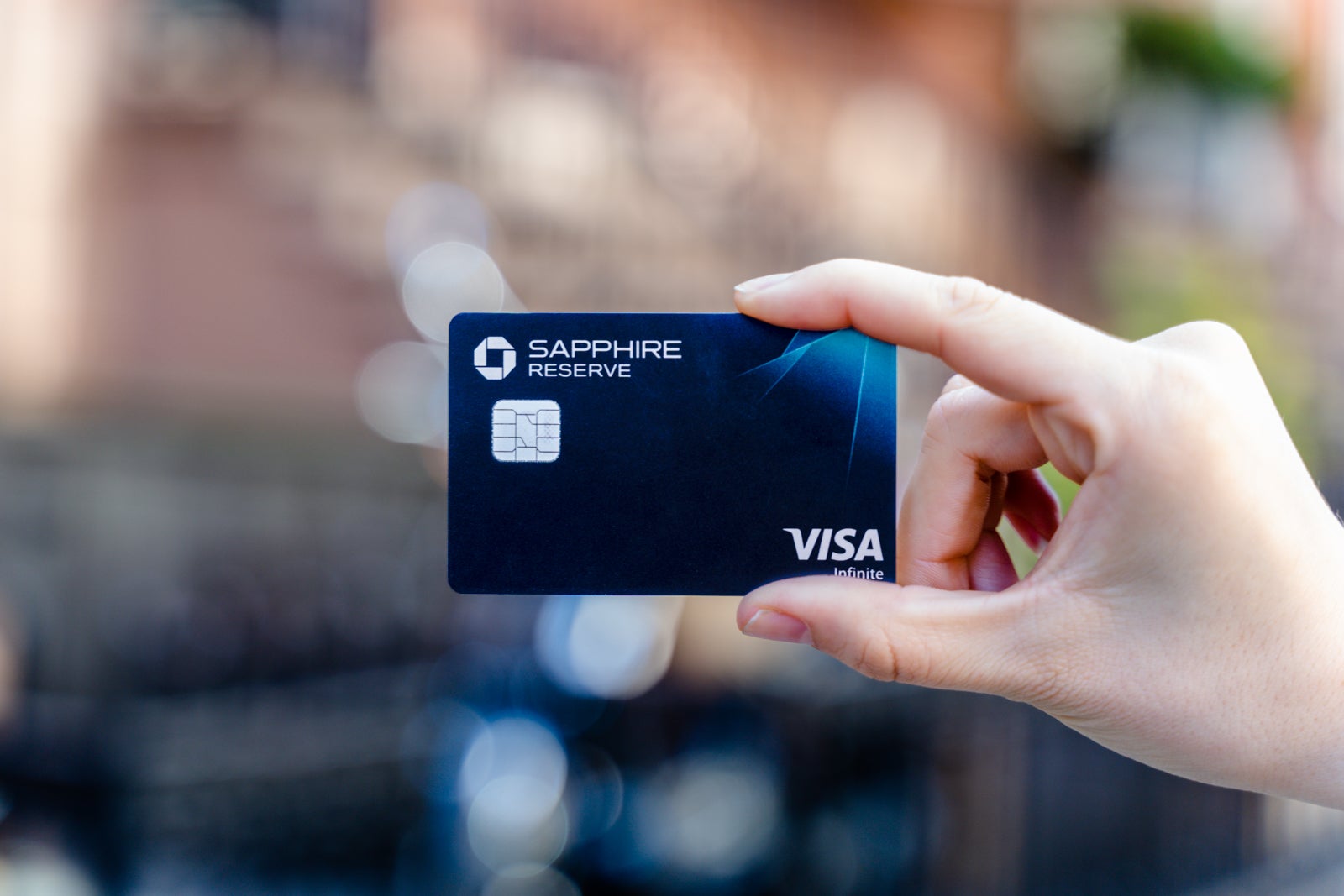
Unsecured loans do not require collateral but charge interest and fees. These loans can be used for credit cards, personal loans and student loans. Your credit score and repayment history will determine whether you are eligible for an unsecured loan. Unsecured loans tend to have higher interest rates than secured ones.
Unsecured loans don't require collateral
Unsecured loans are available for those borrowers who do not want to give up their home or cars as collateral. However, lenders have certain requirements for these loans. Lenders want proof that the borrower will be able to repay the loan. To do this, they may request to see the borrower's credit scores. People with credit scores over 700 are more likely to be approved for an unsecured loan. Unsecured loan approval is also affected by your income. A person with a minimum income of $100,000 and a clean credit record will usually qualify for the lowest interest rates.
Unsecured loans are quick and simple to apply for. Many online lenders require minimal financial and personal data. Borrowers are able to complete their application quickly and receive a decision immediately. Unsecured loans don't require collateral, so they are suitable for people with bad credit.

Interest rates are higher on unsecured loans
Unsecured loans tend to have higher interest rates that secured loans. The advantage of secured loans is that you will have a higher borrowing limit and less risk to lenders, but if you have bad credit, an unsecured loan may be better for you. If you default on your repayments, your collateral can be lost and you could end up in deep debt.
Lenders are more cautious about granting unsecured loans. They could send your unpaid balance to collections, or file a lawsuit against you if your payments are not made on time. Unsecured loans are most common for home improvement, car purchase, education, medical bills, and debt consolidation. An unsecured loan has an interest rate that can vary between 3 percent and 36%. This rate is lower than a secured one.
They are less likely to be approved for loans
Unsecured loans can be those in which the borrower doesn't have collateral like a car or a house. Lenders will often charge higher interest rates for unsecured loans, which is why they are considered riskier. However, unsecured loans are still beneficial because a borrower will not lose their property or assets if they default on payments. These loans include personal loans and credit cards as well as revolving lines.
An applicant with a strong credit rating is more likely than not to be granted unsecured loans. Borrowers with lower credit scores can still be approved, but they will need to pay higher interest rates. Online and in-person loans are available. Local lenders can offer lower interest rates, and more flexible loan terms.

They have longer repayment periods
Unsecured loans are loans that aren't secured by collateral. They pose a greater risk to lenders. This means that repayment schedules are longer, and interest rates can be higher. While unsecured loans are more accessible, they can also be more difficult to qualify for. However, you could end up paying more. It is important to shop around for the best loan.
Unsecured loans can be obtained through credit unions, banks, and online lenders. Many online lenders offer pre-qualification, which will allow you to compare multiple lenders and loan terms before applying. Some lenders even offer pre-qualification without affecting your credit rating. Unsecured loans have another advantage: you don't need to place collateral, so you can get the money you need quicker.